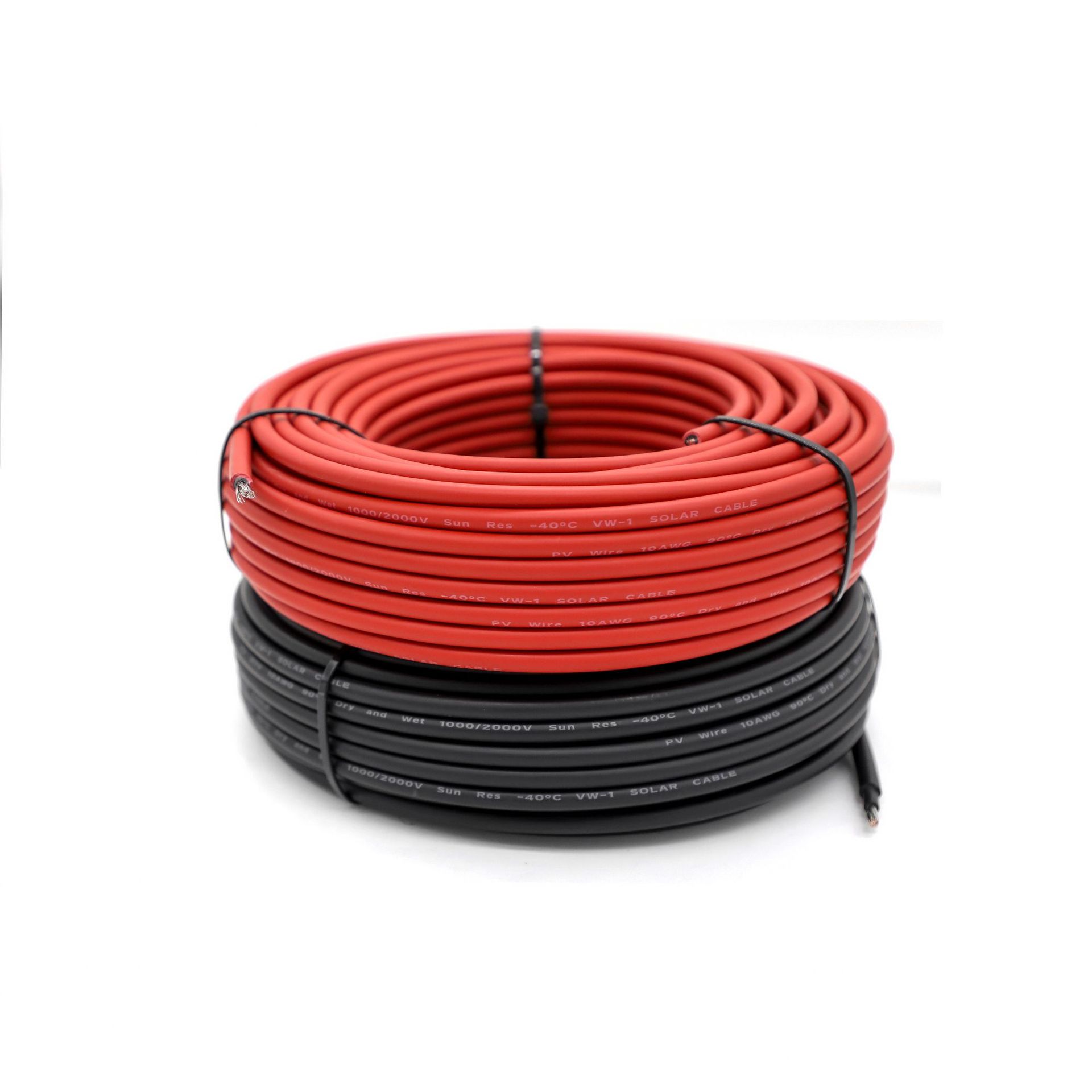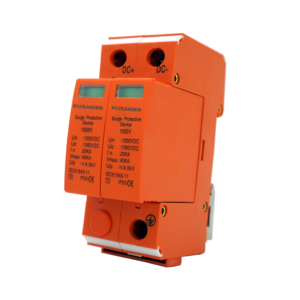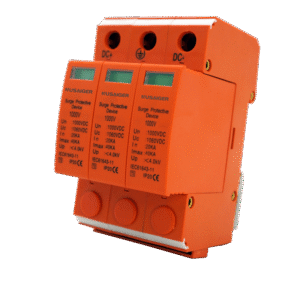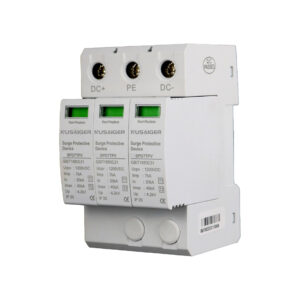Understanding Cable Insulation Types and Their Uses
Cable insulation serves as a protective layer that prevents current leakage, electrical shock, and short circuits. Choosing the right insulation depends on the operating environment.
1. PVC (Polyvinyl Chloride)
Widely used due to its affordability, flexibility, and resistance to oil and chemicals. Suitable for household and light commercial use.
2. XLPE (Cross-linked Polyethylene)
Offers superior thermal and chemical resistance, ideal for industrial or high-voltage installations.
3. Rubber
Highly flexible and used in portable or temporary wiring where mobility and bendability are required.
4. Teflon (PTFE)
Used in high-temperature environments or applications requiring chemical resistance.
Conclusion
Understanding insulation types helps you choose cables that perform reliably in their intended environment, improving safety and longevity.



